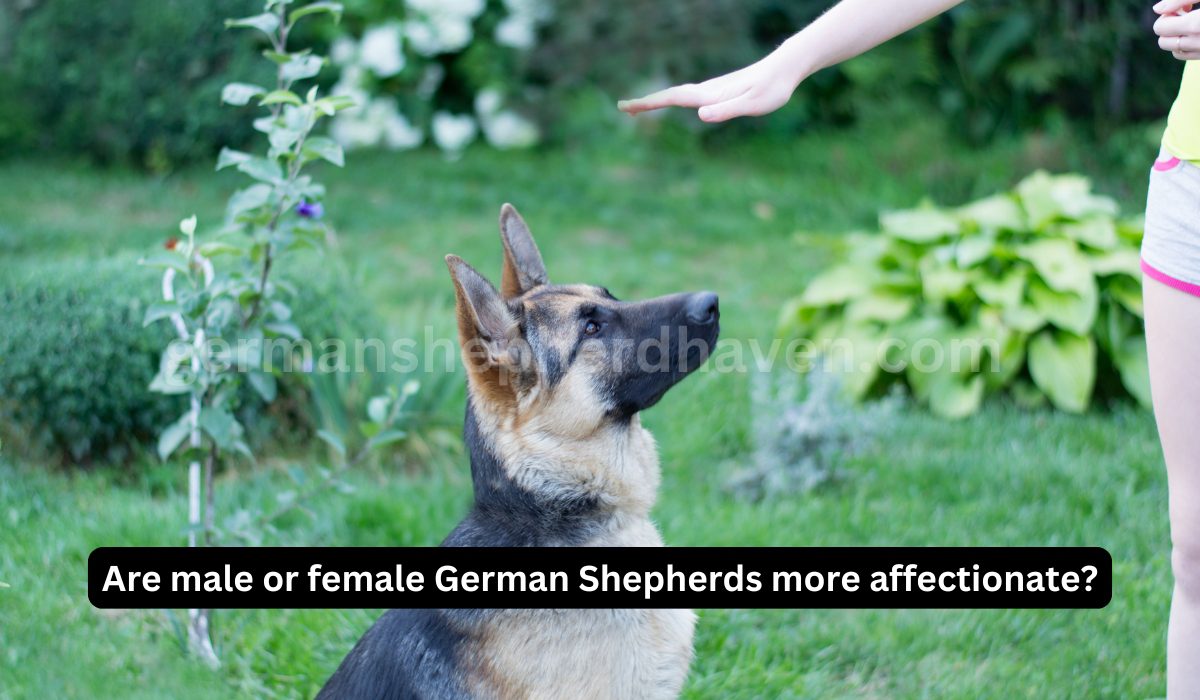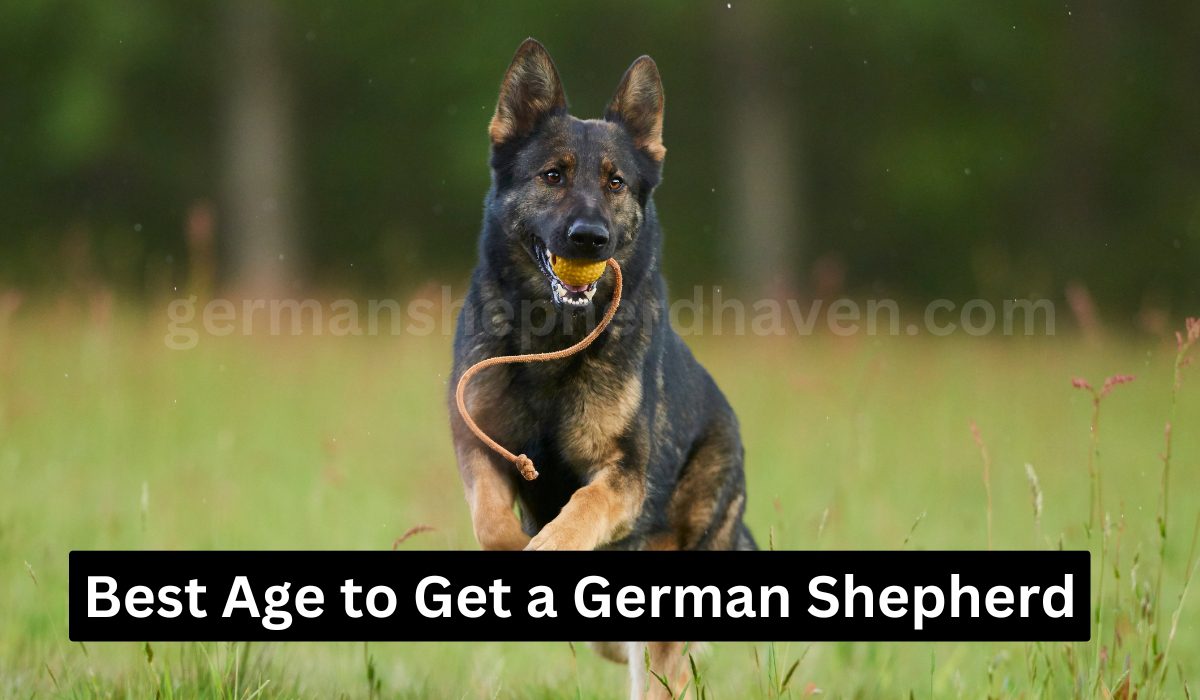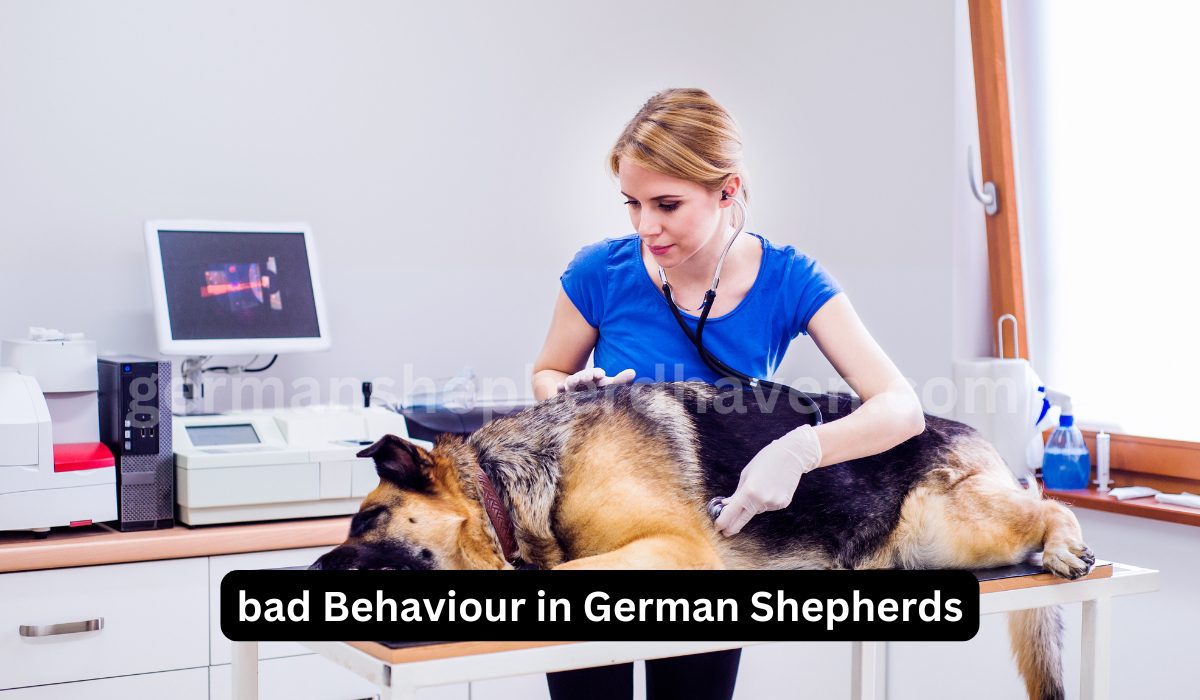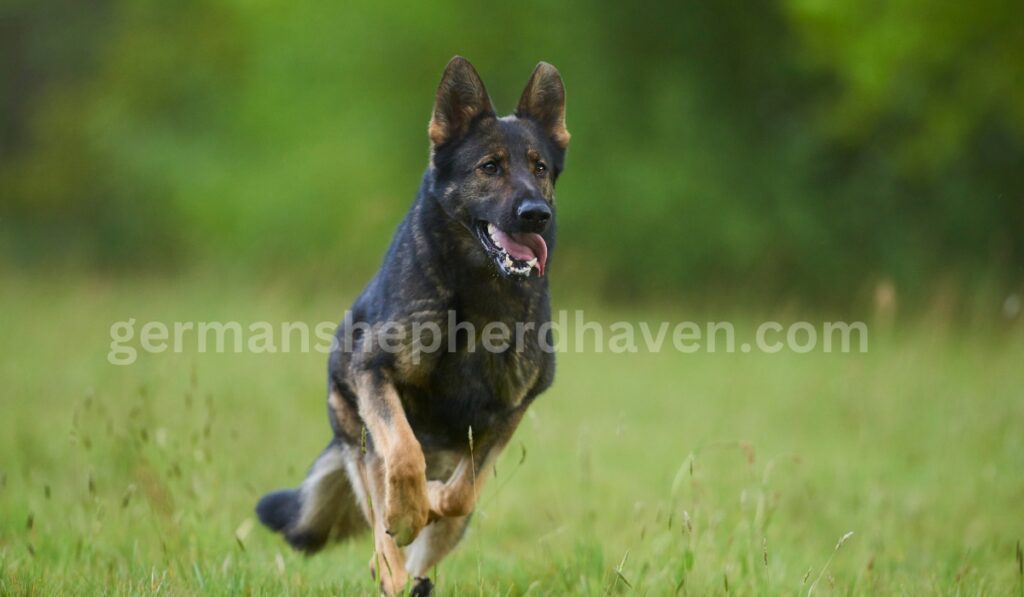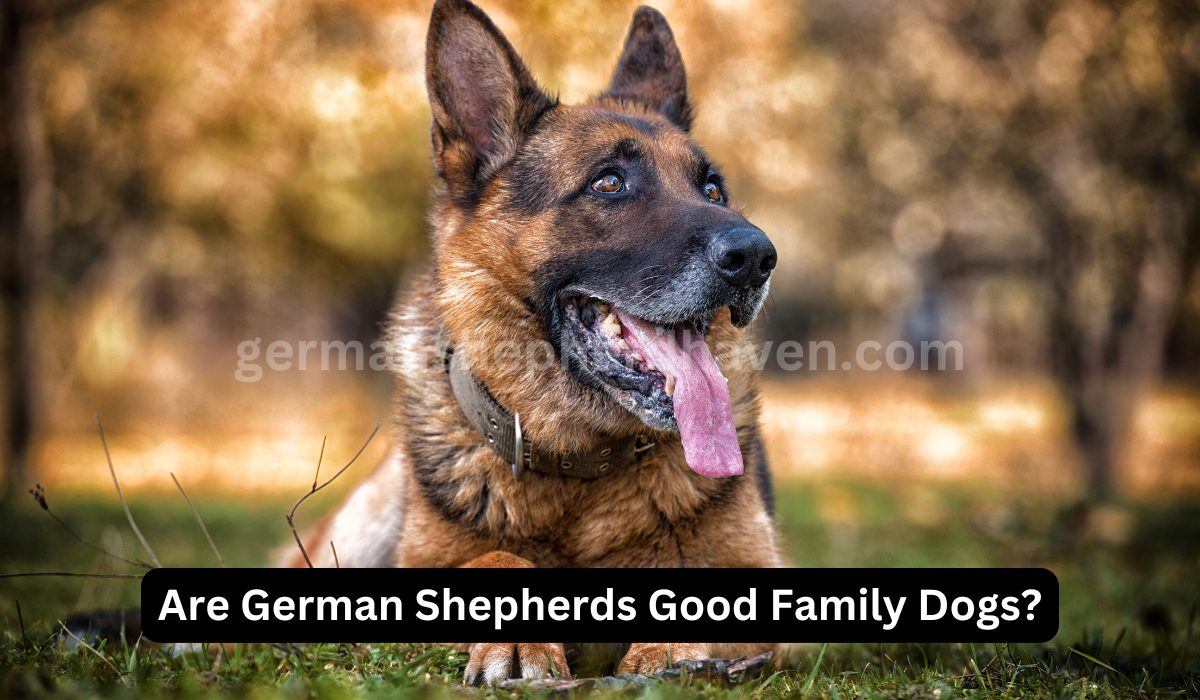German Shepherds are one of the most popular dog breeds in the world, and for good reason! Known for their intelligence, loyalty, and versatility, these dogs are often seen in a variety of roles—everything from family pets to service dogs and even police work. But when it comes to affection, how do male and female German Shepherds compare? Is it better to get a boy or a girl German Shepherd?
Table of Contents
ToggleWhether you’re looking for a new furry family member or just curious about the differences, this guide will break down how male and female German Shepherds show their love and loyalty. Let’s dive into the affectionate traits of both genders and explore what is the best gender dog to get based on different factors.
Affectionate Traits of Female German Shepherds
General Behavior and Personality
When it comes to female German Shepherds, one thing stands out—they tend to be nurturing. Female German Shepherds are often described as more affectionate and gentle compared to their male counterparts. What are the advantages of a female German Shepherd? They usually have a natural tendency to be closer to all family members, showing love to everyone instead of just bonding with one person.
Bonding Tendencies with Family Members
Females are known for their strong family bonds. They’re usually more touchy-feely and seek physical closeness, like cuddling or laying beside you on the couch. Are female German Shepherds possessive? Not in the sense that they are overly protective, but they are very nurturing, especially toward children. If you have kids, a female German Shepherd will often be more patient with rough play and is likely to be more tolerant when things get a little chaotic. This makes them great companions in families with young children.
Protective Instincts
While both male and female German Shepherds are protective, females tend to protect their family members more than just their territory. So, if you’re looking for a dog that is more likely to stay by your side and guard your loved ones rather than the yard, a female German Shepherd could be the right choice for you. How loyal are female German Shepherds? They are incredibly loyal and known for their strong emotional bonds with their human families, making them great companions.
Affectionate Traits of Male German Shepherds
General Behavior and Personality
Male German Shepherds, on the other hand, are known for their strong, dominant presence. While they are incredibly loyal, their affection is often displayed in different ways than females. Males are more independent and may not seek out constant physical attention, but they still have a deep bond with their owners. Are male dogs more cuddly than females? It depends! Some male German Shepherds can be just as affectionate, but they often express it through play and protection rather than constant cuddling.
Bonding Tendencies with Specific Individuals
Unlike females, male German Shepherds usually bond closely with one person, typically the primary caregiver who feeds, trains, and spends the most time with them. If you are the one taking care of a male German Shepherd, expect to have a best friend for life. How does a German Shepherd pick their favorite person? It usually comes down to who spends the most time with them, gives them attention, and is responsible for their training and care. Their affection may not be shown through cuddles but rather through loyalty and being by your side, no matter what.
Territorial Nature and Protectiveness
Males are generally more territorial and protective of their space. They are natural guard dogs, always on alert to defend their home. This doesn’t mean they aren’t affectionate, though—it just means that their way of showing love might be through being your personal protector rather than being glued to your side. If you already have a dog, you might wonder, should I get a boy or girl dog for my dog? It really depends on the temperament of your existing dog, but male German Shepherds tend to do well with female companions.
Comparative Analysis: Male vs. Female Affection
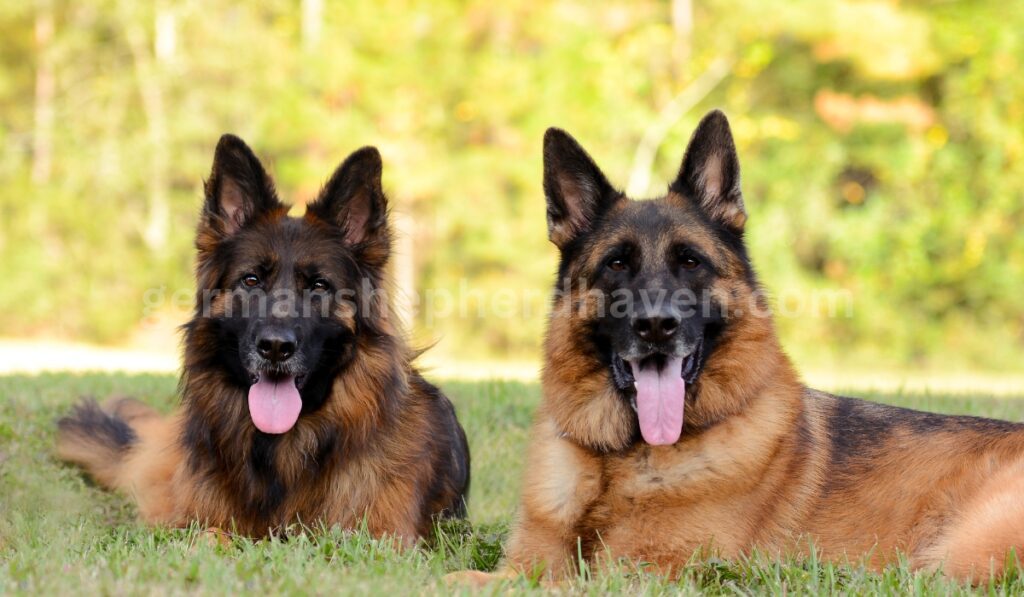

Differences in Affection Display
So, how do males and females differ in terms of showing affection? Females tend to be more outwardly loving, often wanting to be physically close to you and your family. They are more social, often greeting guests with enthusiasm and being more engaged in everyday family life.
Males, on the other hand, show their affection through loyalty, protectiveness, and sometimes playful behavior. They are less likely to be “clingy” and may have an independent streak, but their bond with their chosen person can be incredibly strong. Is it better to get a boy or a girl German Shepherd? It depends on what kind of relationship you’re looking for—females are often more nurturing, while males can be more independent but just as loyal.
Individual Personality Variations
It’s also important to remember that every dog is different. While these are general traits for male and female German Shepherds, individual personalities vary. Some males can be incredibly cuddly, while some females might prefer their space. Training, socialization, and how they are raised can play a huge role in shaping these behaviors.
Influence of Training and Socialization
Importance of Early Training and Social Interactions
Both male and female German Shepherds benefit from early training and socialization. The sooner you start, the better! Early socialization helps German Shepherds—regardless of gender—develop into well-adjusted, affectionate adults.
If you want a more affectionate dog, positive reinforcement training is key. Reward them for good behavior, and build trust early on. This makes them more responsive and willing to be close to their humans.
How Training Affects Affectionate Behavior
For males, consistent training can help bring out their affectionate side, especially if you focus on building a strong bond during training sessions. Females, being naturally more eager to please, may pick up commands faster, which can lead to more affectionate and cooperative behavior early on.
Conclusion
Summary of Affectionate Traits in Both Genders
In conclusion, while female German Shepherds are generally seen as more affectionate and nurturing, male German Shepherds also show their love, just in different ways. Females are often more social and physically affectionate, bonding with everyone in the family. Males tend to bond closely with one person and express their affection through loyalty and protectiveness.
Recommendations for Potential Owners Based on Family Dynamics
If you’re looking for a dog that’s more hands-on, affectionate and great with kids, a female German Shepherd might be the perfect fit for you. On the other hand, if you prefer a dog that’s more independent but still incredibly loyal and protective, a male German Shepherd could be your ideal companion.
What’s a good name for a female German Shepherd? If you’re considering adding a female to your family, think of names that reflect her strong yet nurturing personality. Names like Luna, Bella, or Sasha can capture the beauty and loyalty of this breed.
No matter which gender you choose, early training, socialization, and love will ensure you have a well-behaved, affectionate, and loyal German Shepherd.
I Also Write Must Read:
FAQs
Are male German Shepherds more affectionate than females?
Generally, female German Shepherds are considered more affectionate and gentle, while males tend to be more dominant and possessive. However, individual personality plays a significant role in affection levels.
Which is better, German Shepherd male or female?
The choice between a male or female German Shepherd depends on personal preference and lifestyle. Males are typically larger and more territorial, making them better for protection, while females are often gentler and more nurturing, making them suitable for families with children.
Do female German Shepherds prefer one person?
Yes, female German Shepherds can bond closely with one person but are generally more social and can develop strong relationships with multiple family members.
Which gender German Shepherd is more protective?
Male German Shepherds are generally considered more protective of property due to their territorial nature, while females tend to be more protective of their family members.

